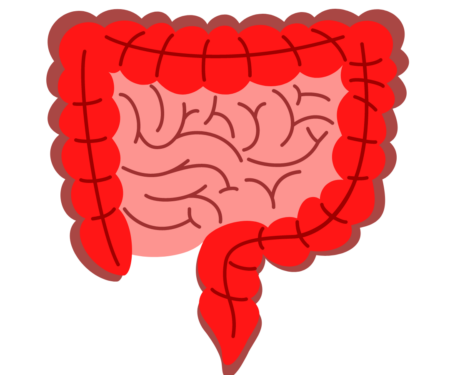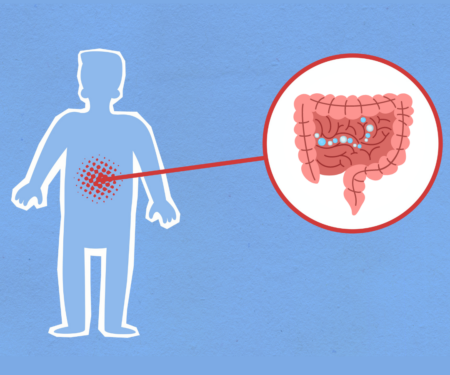Digestive Health Specialists, PA is here to help if you, or someone you know, would like more information or if you are experiencing any digestive health symptoms and would like further evaluation. Feel free to call us at 336-768-6211 or fill out the form below.
Small Intestinal Bacterial Overgrowth (SIBO): Symptoms, Treatments, and Risk Factors
Small Intestinal Bacterial Overgrowth, commonly known as SIBO, is a digestive disorder characterized by an abnormal increase in the number and/or type of bacteria in the small intestine. This overgrowth can lead to various symptoms and impact the overall digestive process.
What is SIBO?
The small intestine plays a crucial role in digesting and absorbing nutrients from the food we consume. Normally, the small intestine has a relatively low bacterial count compared to the large intestine. However, in individuals with SIBO, there is an excessive growth of bacteria in the small intestine, which interferes with normal digestive processes.
Spotting Symptoms:
The symptoms can vary and may overlap with other digestive disorders, making diagnosis challenging. Common symptoms include:
- Abdominal Pain and Discomfort: Individuals often experience abdominal pain, cramping, and general discomfort.
- Bloating and Distension: Excessive gas production by bacteria in the small intestine can lead to bloating and a visibly distended abdomen.
- Diarrhea or Constipation: It can disrupt the normal balance of gut flora, leading to changes in bowel habits, including diarrhea or constipation.
- Nutritional Deficiencies: The overgrowth of bacteria in the small intestine can interfere with nutrient absorption, potentially leading to deficiencies in essential vitamins and minerals.
- Fatigue: The chronic nature of SIBO and its impact on nutrient absorption can contribute to fatigue and a general sense of unwellness.
Treatments:
Managing SIBO involves addressing the overgrowth of bacteria and alleviating symptoms. Common treatments include:
- Antibiotics: Antibiotics are often prescribed to reduce bacterial overgrowth in the small intestine. However, the choice of antibiotics and the duration of treatment may vary depending on the severity of the condition.
- Probiotics: In some cases, probiotics may be recommended to restore a healthy balance of gut bacteria. However, their effectiveness for treatment is still a subject of ongoing research.
- Dietary Changes: Modifying the diet is a key component of managing SIBO; certain diets, such as the Low FODMAP (fermentable oligosaccharides, disaccharides, monosaccharides, and polyols) diet, can help alleviate symptoms by reducing the types of carbohydrates that feed bacteria.
- Symptomatic Relief: Medications may be prescribed to alleviate specific symptoms, such as pain or diarrhea, providing relief while addressing the underlying cause.
Who is at Risk?
While anyone can develop SIBO, certain factors may increase the risk:
- Gastrointestinal Disorders: Individuals with conditions such as irritable bowel syndrome (IBS), celiac disease, and Crohn’s disease may be more prone to SIBO.
- Structural Abnormalities: Anatomical issues such as intestinal strictures or motility disorders can contribute to the development of SIBO.
- Age: It is more prevalent in older adults, possibly due to age-related changes in the digestive system.
- Recent Abdominal Surgery: Surgical procedures involving the gastrointestinal tract may disrupt the normal movement of the intestines, increasing the risk of bacterial overgrowth.
- Immunodeficiency: Conditions that weaken the immune system can contribute to bacterial overgrowth in the small intestine.
SIBO is a digestive disorder characterized by an abnormal increase in bacteria in the small intestine. If you notice some symptoms, speaking with a healthcare professional is essential. As ongoing research sheds more light, teaming up with doctors, dieticians, and gastroenterologists is indispensable for managing the situation and getting back to feeling your best.











